Growing your business globally to break into international trade is difficult and often requires a lot of blood, sweat, tears and money! However, the reward of persevering through the difficulties of selling your products in foreign markets could be life-changing for you, your business and your community. While exporting has challenges, exporters often make life more difficult for themselves by making avoidable mistakes. This article highlights five common mistakes new and seasoned exporters make.
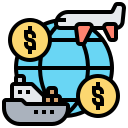
#1 Marketing for Exports before your product is Export ready
Marketing for exports before you are ready may destroy your chances of success in a particular foreign market before your first foreign buyer even receives their order. For example, suppose you haven’t taken the proper steps to ensure your product is export ready for international trade. In that case, you may overlook product modifications that are required for a particular foreign market and contravene certain rules and regulations that result in the foreign market authorities impounding your goods. Not only will the confiscation of your goods have negative financial consequences for your business, but there is a slim chance the foreign buyer concerned will ever use you again. Unfortunately, there are plenty of examples of businesses jumping head first into marketing for exports without ensuring their product or company is sufficiently ready for the international market.
#2 Opting for the incorrect mode of transport
Several factors must be considered when opting for the right mode of transport for an export consignment. The speed at which goods are delivered, the safety of the export consignment and the eventual price your buyer will be required to pay are all influenced by the mode of transport chosen. However, the cheapest mode of transport is not always the safest, and the fastest mode of transport is not always possible. Ultimately, the decision to use air freight, road transport, rail or sea freight profoundly affects the successful conclusion of an export transaction. However, in the pursuit of maximum profits exporters often opt for a mode of transport that does not suit their particular product, the terrain and climate required to be travelled or their buyers requirements. A profitable exporter should know how to evaluate a particular mode of transport’s advantages and disadvantages to fulfil their responsibilities in an export order.

#3 Misusing and misunderstanding the Incoterm® rules
Incoterms® are a standard set of rules for the delivery of goods and indicate which party (buyer or seller) bears the risk, costs and responsibilities at any given time during the delivery of goods in a particular international transaction. Thus, agreeing to include a particular Incoterm® in an international sales contract directly impacts the costs, risks and responsibilities an exporter incurs. However, far too often, exporters agree to the inclusion of an Incoterm® they don’t understand. Failing to understand the implications of a given Incoterm® has direct financial implications for a seller and in some cases, could leave an exporter liable for any damage or loss sustained in the delivery of the goods. For example, suppose you have agreed to the inclusion of CIF in the sales contract and failed to understand that the procurement of marine insurance was your responsibility, and the ship sank. In that case, you would be liable for the loss incurred.
#4 Agreeing to a payment method and payment term that puts you at risk
In some cases, agreeing to a particular payment method and payment term may simply be a smart business decision. However, agreeing to a payment method or payment term that puts your business at more risk than it can handle has disastrous consequences. It is easy for an exporter to have their judgement clouded by the possibility of a lucrative once-off deal. Often, the promise of a massive payday makes exporters forget that agreeing to any payment method other than cash in advance or an irrevocable letter of credit, puts them at risk of not getting paid by their buyer. Furthermore, agreeing to extended payment terms puts your cash flow under tremendous strain and makes your business less resilient to external financial shocks.
#5 Not utilising the various forms of export assistance available
As we discussed in our “Are you ready to start marketing for exports” article, governments, international organisations, and various private sector stakeholders want more exports! Exporting is not only good for your business, but it is also good for your community and economy. More exports equal more jobs which equal more prosperity. However, far too few exporters utilise the various forms of export assistance available to them, negatively impacting their international competitiveness. Sometimes the reason for businesses not utilising export assistance may be access. However, we can overcome the problem of access to export assistance through technology. One example of technology increasing access to export assistance is the TFSA digital School of Export, accessible by desktop, tablet or mobile phone.

The TFSA School of Export has been developed by the leading trade consultancy and training organisation in Africa, the International Trade Institute of Southern Africa, with the sole purpose of equipping exporters in the region with the knowledge, information and tools necessary to be successful in international trade. For example, the TFSA School of Export has a comprehensive tool and online learning module on assessing whether or not you are export ready. Furthermore, the TFSA School of Export has free online learning modules on choosing the most appropriate mode of transport for an export consignment, working with Incoterms® and mitigating international financial risk. Click the link below and join the School of Export and our exporter community.
To sign up to the School of Export CLICK HERE.
If you already have a profile, CLICK HERE to login to begin the module.

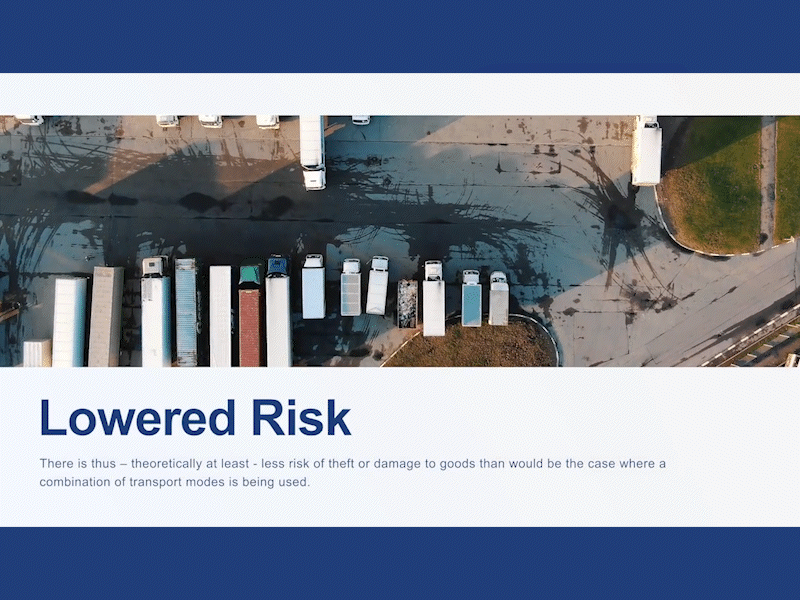
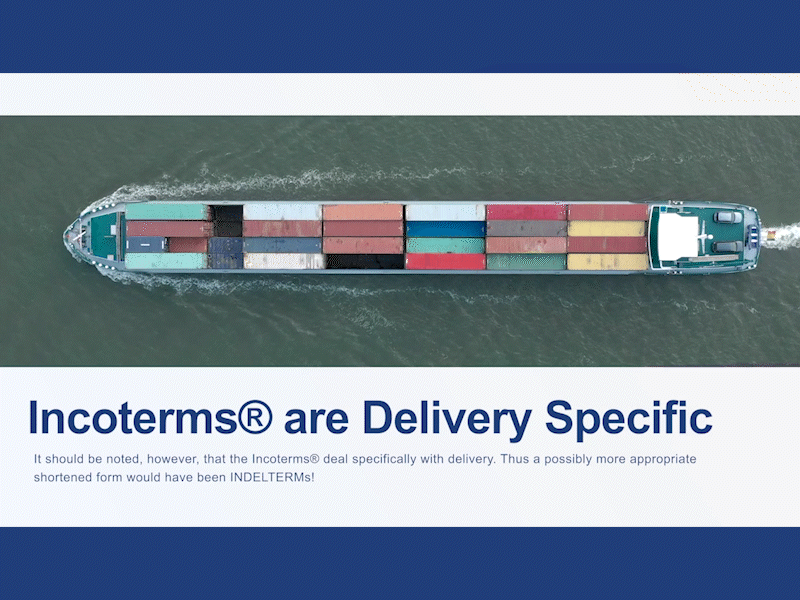
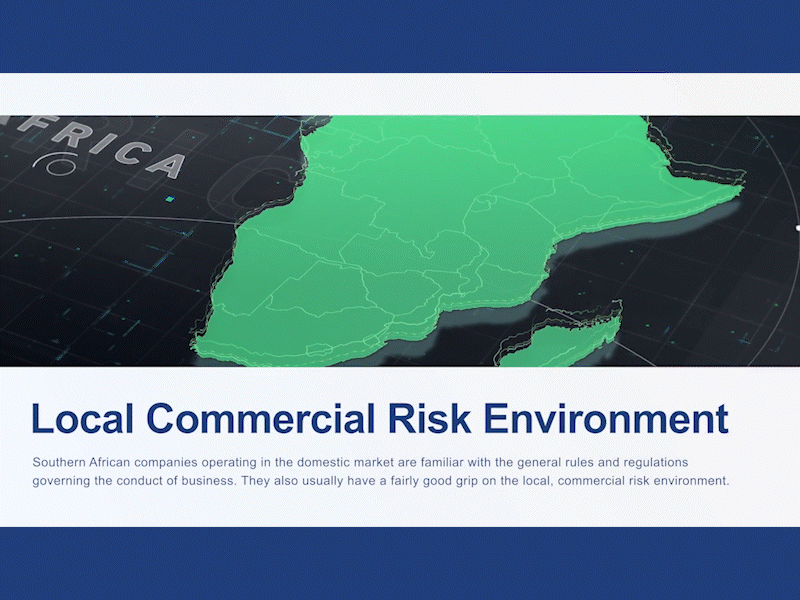
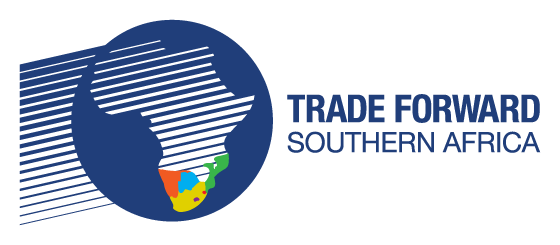
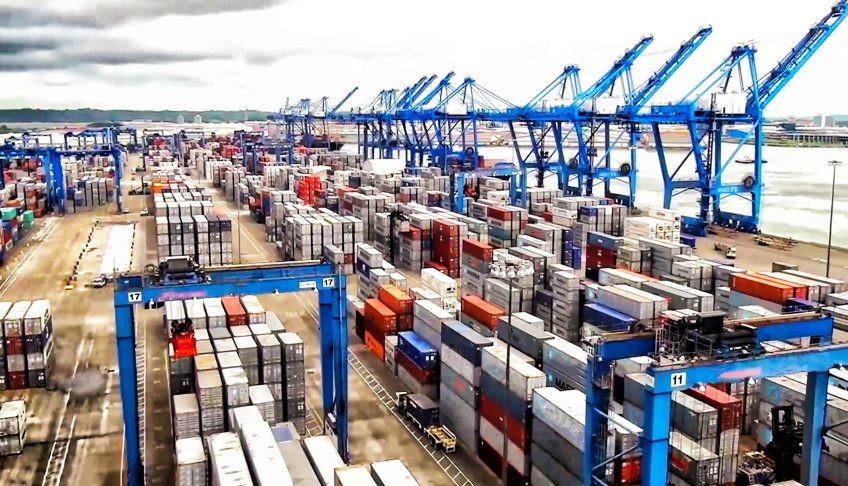




The TFSA School of Export currently has 14 modules, about 9 hours of Export Training eLearning material. By December 2022 there will be seven complete courses and a total of 28 modules. This material is currently Free of charge and will continue to be free into the future.
The above information is good but the challenge is that your communication to us about the course is very much minimal if not there at all no were to directly ask questions or get an assistance , like now i want to continue with course until module 28, even to new other courses , but there is no clear calendar for dates to start and sign if you have finish to write , is really discouraging
Daniel, hi
You are free to do any module once you are registered in the School of Export. No special permission is needed. You can just go to the module and complete it. There are still more being produced (we have extended production beyond December 2022) and modules soon will be grouped into specific courses. When you are registered the system will alert you by email when any new module is uploaded. Each page has the following at the bottom if you have any queries/need to make contact:
“Have a question? info@schoolofexport.org“